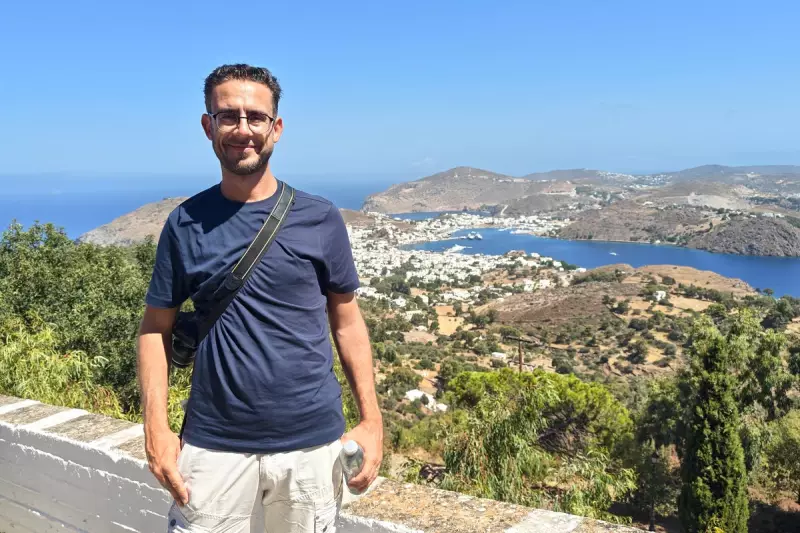
The serene and sacred island of Delos, a UNESCO World Heritage site and the mythical birthplace of Apollo, is sounding a desperate alarm. This archaeological treasure is being loved to death, crushed under the weight of a relentless tide of mass tourism.
Local authorities and heritage experts are warning of an imminent catastrophe. The sheer volume of visitors, many disgorged from colossal cruise ships, is causing irreversible damage to the island's fragile ancient structures and unique ecosystem.
A Sacred Site Under Siege
Once a revered religious centre and a powerful commercial hub of the ancient world, Delos now faces a modern threat. On peak days, over a thousand tourists swarm its hallowed grounds. The delicate mosaics, ancient marble streets, and 2,000-year-old statues are not equipped to handle such an onslaught.
"The situation is out of control," one could hear from conservationists. The vibrations from thousands of footsteps and the sheer physical pressure of crowds are gradually eroding the very foundations of history that people flock to see.
The Cruise Ship Dilemma
The primary culprit is identified as the mega-cruise industry. These floating cities anchor nearby, dispatching thousands of passengers to the island for brief, hectic excursions. The economic benefits for Delos itself are minimal; most visitors stay only for a few hours, bringing packed lunches and buying little.
This model of tourism offers maximum footfall with minimum local economic gain, leaving the island to bear the entire cost of preservation and maintenance against the devastating impact.
An Urgent Call for Action
There is a growing and urgent chorus from archaeologists and officials demanding immediate intervention. Proposed measures include:
- Strict visitor caps: Drastically limiting the number of people allowed on the island each day.
- Regulating cruise traffic: Implementing a permit system or outright bans for the largest ships.
- Increased funding: Channeling tourism revenue directly into conservation efforts to repair and protect the site.
The clock is ticking for Delos. Without swift and decisive action, this unparalleled window into ancient Greek civilisation risks being lost forever, becoming a stark warning of how tourism can destroy the very beauty it seeks to exploit.





